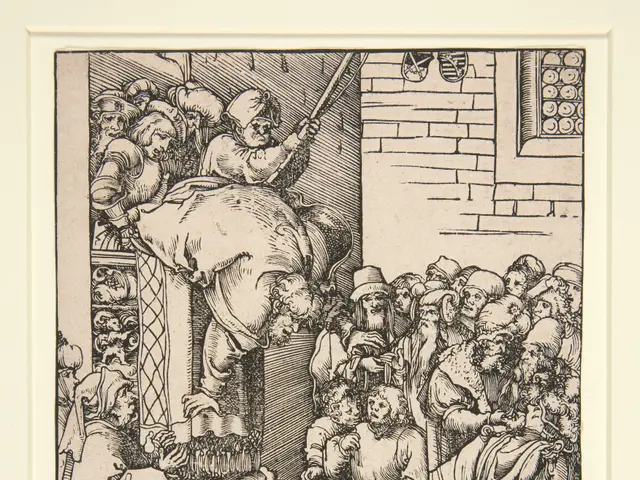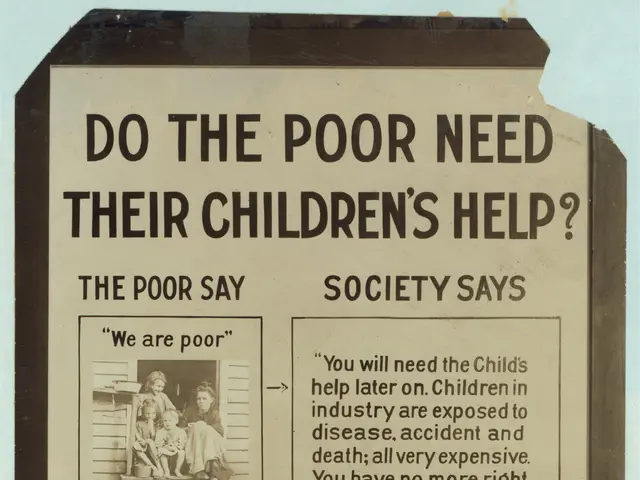How Behavior Therapy Revolutionized Modern Psychology in the 1960s
Behavior therapy, a significant approach in psychology, emerged in the late 1950s and early 1960s. This method focuses on modifying behaviors rather than exploring the unconscious mind.
The Yale School of Psychology played a pivotal role in its development. Researchers aimed to apply experimental psychology principles to address maladaptive behaviors.
Three key groups independently contributed to its formal emergence. South African psychologist Joseph Wolpe pioneered systematic desensitization, an exposure therapy technique. Meanwhile, English psychologist Hans Eysenck emphasized the importance of learning theory in understanding and treating mental disorders. American psychologist B.F. Skinner, known for his work on operant conditioning, also significantly influenced the field.
Behavior therapy's origins reject traditional diagnostic methods like projective tests and psychoanalytic therapies. Instead, it focuses on observable behaviors and learning principles. This shift has profoundly influenced modern psychotherapy.







